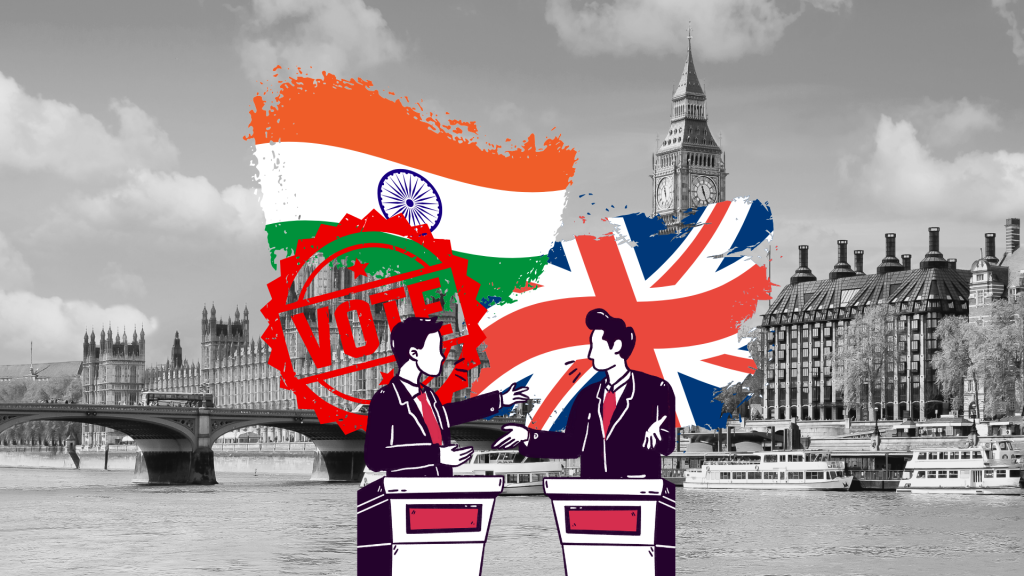There’s a strange irony in the way large sections of the Indian diaspora back anti-immigrant politicians — first in the US with Trump, now flirting with Reform UK here.
This isn’t just political naivety. It’s a deep desire for proximity to power. Many first-generation immigrants, particularly from middle-class Indian backgrounds, see alignment with the dominant right-wing narrative as a fast-track to respectability. They don’t want to be seen as beneficiaries of immigration — they want to be seen as the “good immigrants” who now have the right to pull the ladder up behind them.
But here’s the absurdity: Trump hammered the very group that worshipped him. Indians were his second-largest Asian voting bloc — and he rewarded them by freezing H1B visas, dragging out green card processing for years, and even floating the idea of ending birthright citizenship. Families who had lived legally in the US for over a decade suddenly found themselves unable to secure permanent status. Kids aged out into undocumented limbo. Lives were wrecked. No other ethnic group was hit harder.
And yet, the lesson still hasn’t landed.
Reform UK, with its “we’ll shut the borders to everyone except fantasy migrants we approve of” agenda, is just a British version of the same trap. Indians cheering them on don’t realise — you’ll be next. The UK already has the most aggressive anti-family-visa regime in the West. Reform would take it even further. They won’t make an exception because you’re an engineer or because your cousin works at Deloitte. They do not like immigrants. Period.
So why do Indians keep falling for it?
Because too many are obsessed with assimilation through superiority. They believe they are fundamentally different from other immigrants — more educated, more ‘deserving’. What they fail to see is that the far-right doesn’t make nuanced exceptions. It sees brown skin before it sees a STEM degree.
The pattern is painfully clear: right-wing parties will happily take your vote — and then write legislation to make sure the next version of you never gets in.
The Indian diaspora needs to stop mistaking proximity for protection.
Adil Mahmood is a former journalist.


